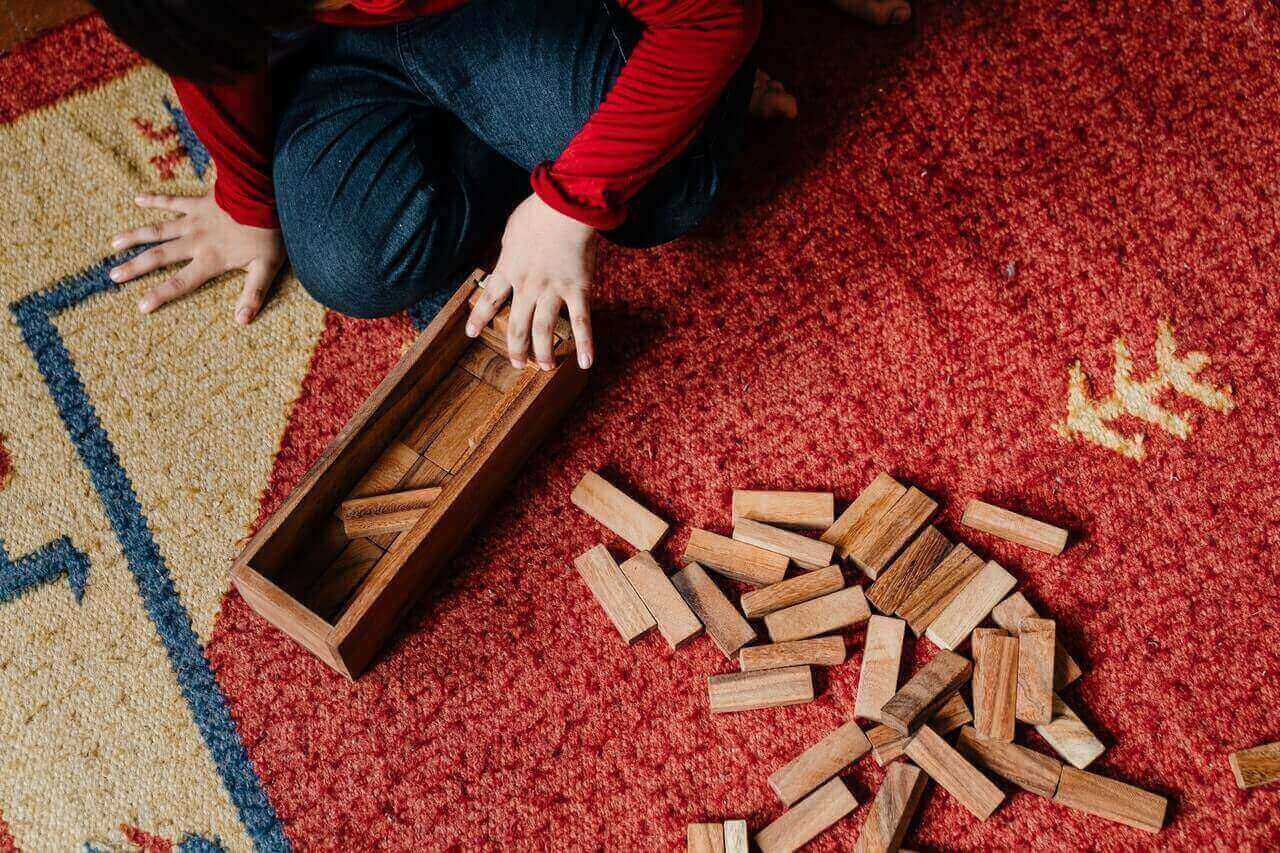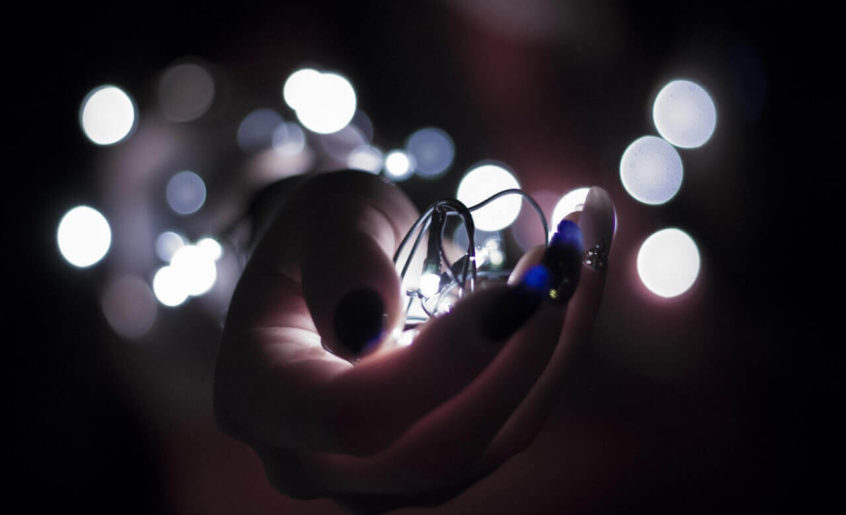Sometimes to allow ourselves to trust someone is a sign of vulnerability because it means you are open to the possibility that you will be disappointed and hurt in the end.
The more you develop trust, the more vulnerable you are, but you should not perceive this as a bad thing. Trust is the foundation upon which we build a happy life, improve ourselves, and grow. Without trust, we cannot build anything in life. And yes, trust asks its sacrifice in vulnerability.
Trust is the stepping stone to openness in disagreement without transforming it into conflict. Many people cannot trust their partner completely because they’re afraid of their vulnerability…
and if you cannot place your trust in someone, you cannot commit long-term, which of course is a vicious circle.
Vulnerability Is Key To A Lasting Relationship
Psychoanalysts would describe vulnerability as part of a need that persist throughout life, and which is connected to our longing to care and be cared for. By allowing vulnerability in our lives we gain an understanding of the other and the ability to put others first.

This deep type of caring comes easily at the beginning of a relationship because it is fueled by lust and the novelty of it all. We carefully choose our words and are extremely attentive to our partner’s needs.
However, as routine sets in, love is tested for the first time. This is where a relationship starts to require deep levels of trust and commitment. It takes a lot of energy to pass the many barriers that mundane life puts in the way.
There are our busy lives, for one. When routine sets in, you might fall into the trap of taking love for granted and not giving your partner the same level of attention and caring as before. After a long and dreary day of work, the motivation to go out together is no longer there. Suddenly, it requires extra energy from you both to do it. The phase of “everything running smoothly” cannot continue forever, you should know that. There comes a phase where you both need to work towards keeping the relationship going.
Then there is the fear of dependence on your partner that might settle in. Fearing you depend too much on your significant other will not allow your relationship to grow. Moreover, it is the first sign that you have a hard time admitting your vulnerability in the relationship.
Vulnerability in a relationship means you allow yourself to miss your partner, too long for them, to want to spend more time together. If you catch yourself subduing these feelings for fear of showing too much vulnerability or suffocating your partner, you two need to talk.
Have a dialogue about what you need in terms of your relationship and closeness. Do not just assume that it is wrong and a sign of weakness to feel the need to be with your partner more! Also, do not assume that they do not want to spend more time with you. Talk about it, expose your vulnerability, and trust that it will meet their vulnerability.

In Imago Relationship Therapy, there is a technique called Intentional Dialogue that focuses on communicating each other’s vulnerabilities and showing empathy in the process. We’ve discussed more on this matter here.
The Vulnerable Dialogue
The only way to make sure your emotional needs are met and your partner truly understands you is by willing to open up and be vulnerable. Yes, it might feel scary to most.
Before engaging in an intentional dialogue, you might want to start with a few suggestions on how to improve the communication in your relationship and how to turn vulnerability into a real asset in your relationship.
1. Express the emotions you’re feeling and not the faults you see in your partner
If you feel the need to criticise and blame your partner for something, stop! Think it through, analyse yourself and see how that makes you feel, and lead with that. Let your partner know how it makes you feel, and do not fall into the trap of throwing stones at each other.
Wearing your emotions on your sleeve is being vulnerable, but you need to do that in a relationship. That is one way of opening up and letting your significant other know how you feel.
2. Use verbs
Need, feel, want are verbs that convey a message of what you are trying to achieve in terms of relationship goals, and they do not aim at your partner’s shortcomings in any way.
3. Be honest and literal about how you feel
Your feelings are real. You shouldn’t try to hide them. It is time to address them and have your partner near you to understand them together. Although it is difficult at the beginning if you’re not used to opening up, it will, in time, deepen your relationship.
A Happy Relationship is Impossible Without Trust
Trust is being built every day. It is earned step by step. Trust is the bridge we build back and forth to one another.
According to Dr. Gottman’s theory of trust in a relationship, trust is found in the tiniest moments of our relationship. These are the moments with the most potential for an emotional connection. They appear insignificant at first like it’s no big deal.

It’s no big deal that you didn’t call your partner today at all; it is not a big deal that you forgot to take out the trash even though you said you would and so on…the little moments that are usually ignored until both partners start to feel unappreciated, unloved and hurt. Dr. Gottman calls these moments bricks in the trust bridge, or Lego pieces because they’re so tiny you won’t feel when a few of them go missing. However, they make a big difference in building a bridge of trust with one another.
What is Trust?
Trust happens when both partners behave in ways that benefit both of them. Trust means you have each other’s back. It is the willingness to make sacrifices for your relationship.
Appreciation, and gratitude are one way of demonstrating to your partner that you’re in for the long run, that they can take shelter in your relationship whenever they feel the need to. To maintain this level of trust, each partner needs to be fully committed and emotionally invested. Trust is also an important aspect of intimacy. You cannot be closely intimate with each other if you don’t have trust. You cannot trust each other if you are not comfortable being vulnerable. You cannot commit if you don’t have trust. It is cause and effect if you want. You cannot have one without the other.
Why We Need Vulnerability in A Relationship
The bottom line is you need vulnerability to guide you both on the path to intimacy and trust in your relationship.

Vulnerability boosts our sense of value and genuineness and brings us close, connected without losing our sense of identity.
Being vulnerable lets us ask for what we truly want and breaks down any walls that we might have built around ourselves.
Vulnerability allows us to build trust in each other and become fully engaged in an intimate relationship.
Being vulnerable means opening your heart to give and receive, and it is a good thing, probably the best thing that you can do with your significant other.
If you seek help acquiring this level of connection, let’s set up an initial free 15-minute conversation. We’re always here to help.


